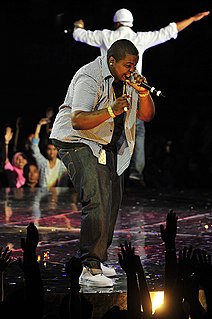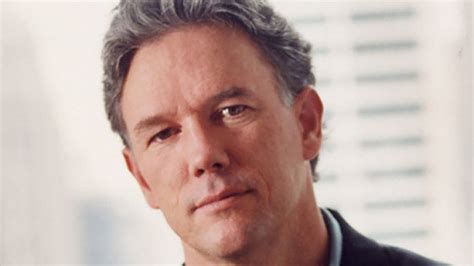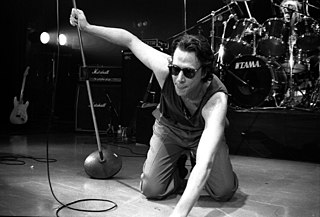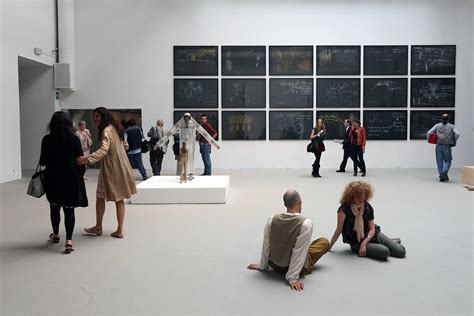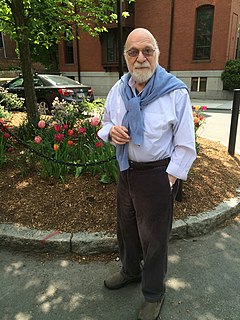A Quote by Rob Roberge
I think the act of lying can be separated from the genre of memoir. Though often times, people are unaware of their own subjectivity.
Related Quotes
Memoirs are going to be problematic sells for a while, though, because even if memoir means "based in memory," right now, in the collective mind, memoir means "recovery." When my agent and I started looking at small presses the possibility for my book, I realized most small presses were not publishing memoir, because they don't want to be associated with the genre that Mary Karr calls, half-facetiously, "literature's trashy cousin."
I describe me sound as international: reggae, pop, rap, R&B all in one. I think I have my own style. I can't really even describe it. People say, "What type of genre is your music?" It's Sean Kingston genre. I have my own genre. No disrespect to no artist or dudes out there. I feel like I am my own person. I am doing my own thing.
I you're writing memoir, but it even comes up in fiction. People just assume that you're writing thinly veiled autobiography. And particularly, I think, for people of color, our work is always seen as kind of anthropological artifact regardless. So, there's always going to be that assumption, but even more so in a memoir because often the names aren't even changed. It is easier to verify.
With Marvel, I obviously don't own the characters, so there are levels of approval to go through. But I'm very seldom told no, and never without reason. Maybe I've just been lucky; I don't know, but I don't think it's as frustrating as people generally imagine. I act as though I own it all while I'm writing, I think. I hope, anyway.
I don't think you can take a whole genre of very popular books and say, "This is all trash!" When we read a memoir that isn't by a celebrity, we feel like we're about to go on a journey and we don't know where the journey will lead. But when we read a memoir by a celebrity we feel like we already know the journey and we just want to travel it.
Right now in American writing there is no genre as exciting as memoir - the writer can do anything, as long as it works. It's like the 1920s up in this joint. So, I'd say, experiment with how you tell the story. In the best memoir it's not the what, it's how the writer tells the what - meaning and effect through form.
What we take ourselves to be doing when we think about what is the case or how we should act is something that cannot be reconciled with a reductive naturalism, for reasons distinct from those that entail the irreducibility of consciousness. It is not merely the subjectivity of thought but its capacity to transcend subjectivity and to discover what is objectively the case that presents a problem....Thought and reasoning are correct or incorrect in virtue of something independent of the thinker's beliefs, and even independent of the community of thinkers to which he belongs. (p. 71)
So far as photography satisfied a wish, it satisfied a wish not confined to painters, but a human wish, intensifying since the Reformation, to escape subjectivity and metaphysical isolation - a wish for power to reach this world, having for so long tried, at last hopelessly, to manifest fidelity to another... Photography overcame subjectivity in a way undreamed of by painting, one which does not so much defeat the act of painting as escape it altogether: by automatism, by removing the human agent from the act of reproduction.


